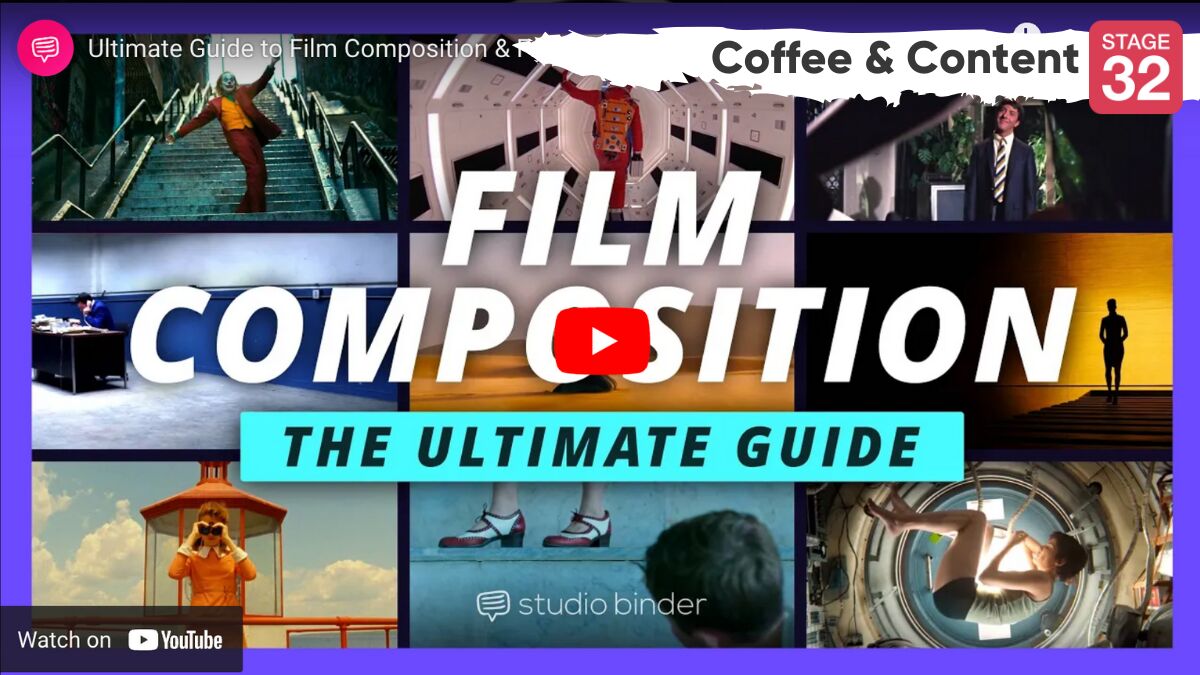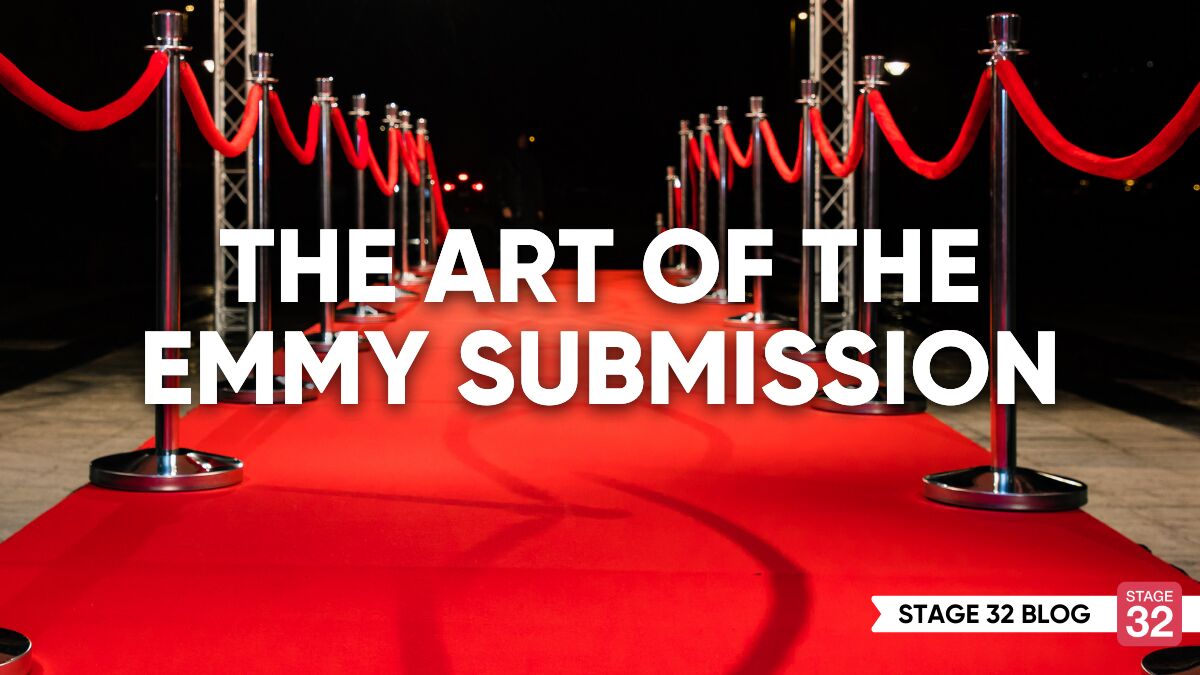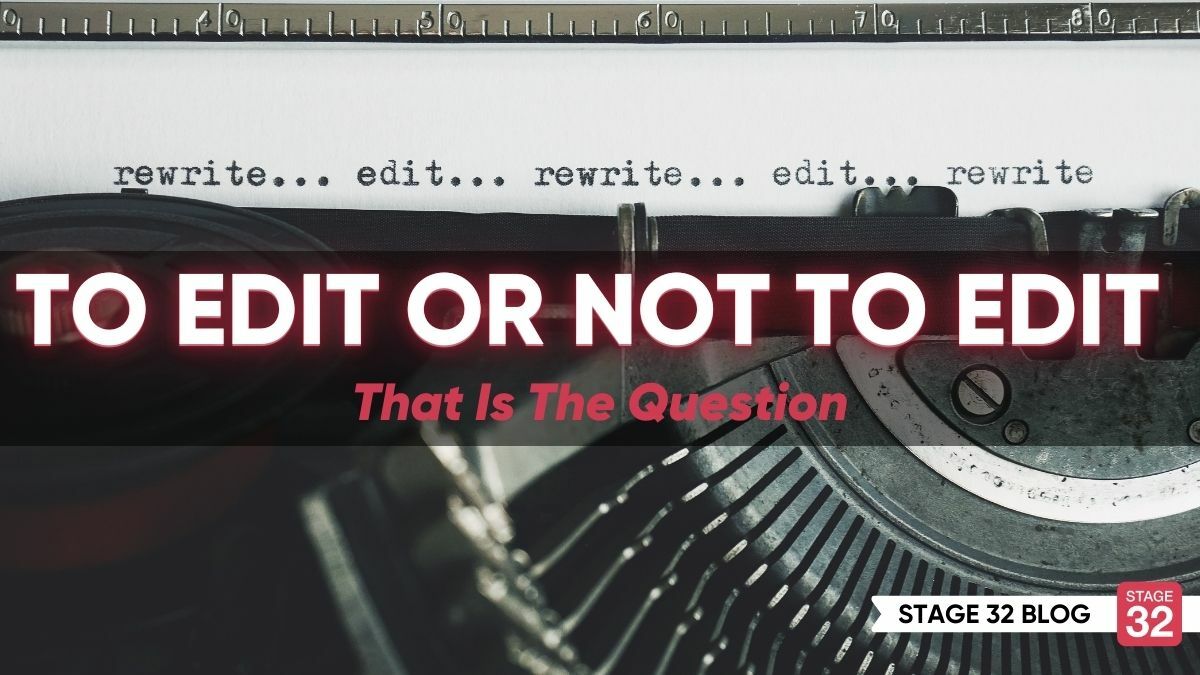To Edit or Not To Edit - That Is The Question
I believe that no matter whether a piece of work is a full length epic novel, a screenplay or short article, if you're planning to present your work to a publisher, producer or any other form of media, your work should be presented at the highest standard possible.
I get asked by a lot of writers, "does presentation really matter, as long as the content is great?"
YES, it does matter, because if someone is reading your work and all they can see are glaring spelling, grammatical or formatting errors, it will seem as though you don't care enough and if you don't care enough about your own work, why should anyone else? Whether that is a producer or someone reading your novel, it's the same. If your work is not at its best and it's being read by a publisher or producer, your work will most likely be going to the bottom of the rejection pile before the reader has reached the end of the first couple of pages.
I asked some producers here on Stage 32 if they would accept work that had great content, but the presentation wasn't up to scratch and the majority told me they would not accept work that was poorly presented. One producer explained to me that he finds himself having to train the writer in order for the work to be presented properly. This wastes everybody's time and will put the producer off from reading further work from that particular writer.
I always say that an editor never rests, because it doesn't matter how many times they will read through a piece of work, they will always find something else that they didn't see the previous 10 times they read it through, it's why traditional publishers use more than one editor, so that someone else will pick up anything the previous editor might have missed.
So, don't rush to get your work to the publisher or producer.

Editing time is extremely important. Read through your work and correct anything you find that's glaring, then, leave it for anything from an hour to a day, go through it all again and repeat the process as many times as you need to. Gradually you will find less and less things to change or correct and when you're satisfied everything is as it should be, get someone else to read it. Someone who will be honest and tell you if they find anything wrong with your work. They might find a 'hole' in the story you hadn't spotted or a timeline that doesn't make sense or an apostrophe that's in the wrong place.
Every comma, every full stop matters. Then, go through it again word by word. I know you might think that you read word for word anyway, but I mean to check every word carefully without skimming over anything. You might have to do that in fits and starts because you wouldn't be able to read a 70,000 word novel all at once like that, but you will be surprised that after all your editing, there still might be something you or your 'someone else' didn't spot. It might be something as simple as a word where the letters have been tranpsosed by accident.
I do have some pet hates as an editor, there are some things that I believe do not look good in narrative and number one on the list is beginning sentences and paragraphs with conjunctive words such as 'and', 'but' etc. There's no law saying you shouldn't do this, but I believe that they are called 'conjunctive' words for a reason, that's what they are, they join one part of a sentence to another and are not meant to begin sentences or paragraphs, unless you're using them for dialogue in a screenplay or for speech purposes.
My second pet hate is the speech mark/apostrophe thing. If you put dialogue and thought and emphasis all in double speech marks, there is no differentiation and can be confusing, it's much better to make it clear... so put speech in "double speech marks" when a character is talking, 'thought' in single apostrophes, also use apostrophes for 'emphasising' something rather than speech marks.
For instance... "Hey, did you get a chance to look at my screenplay yet?"

"Yes, I did, I loved the way you wrote it so metaphorically, having the cloud in the shape of a dolphin with the effect of looking like it was wearing a 'lace' dress was so clever".
He then thought to himself 'that's what I wanted him to think'...
"Thank you, I'm glad you liked it", but even as he said this, he knew his screenplay was going to 'shock' the world.
It really is the little, subliminal things that perhaps you think don't matter that actually matters the most when thinking about presentation, because then, all the reader has to concentrate on, is the content.
It's a bit like listening to music. If you really take the time to listen very carefully to a piece, you can hear all the nuances in the music, it might be something as subtle as a light cymbal tap, or a backing vocal having been weaved in, things you wouldn't normally take note of when listening to something, but things that make the song what it is and it's the same with writing narrative of any kind. The producer might not consciously realize you've done or not done certain things, but it will make the reading process a much more pleasant experience.
As an editor I am passionate about bringing people's work up to the highest standard possible and I never 'sign off' a piece until I am way above 100% sure I've done everything I possibly can. It can take a while to edit a piece and you really do have to give a lot of time to it. I think it's also a matter of pride as well, don't settle for second best.
Don't think to yourself 'that will do' and just hope for the best, go the extra mile to make sure that if it was you receiving your own work, would you be happy with it? If you were Steven Spielberg would you want to read your script? Well, think of every producer in Stage 32 as a potential Steven Spielberg and make sure the presentation is every bit as good as the content.
Oh.. just before I go....Did you spot the deliberate spelling mistake in this blog? ;)
Let's hear your thoughts in the comments below!
Got an idea for a post? Or have you collaborated with Stage 32 members to create a project? We'd love to hear about it. Email Taylor at taylor@stage32.com and let's get your post published!
Please help support your fellow Stage 32ers by sharing this on social. Check out the social media buttons at the top to share on Instagram @stage32 Twitter @stage32 Facebook @stage32 and LinkedIn @stage-32
Take Stage 32 with you! Download the Stage 32 app for iOS here. Android User? Click here for the Stage 32 Android App!
| Coffee & Content: Ultimate Guide to Film Composition & How Christopher Nolan Mastered Low Budget Filmmaking |
| The Art of the Emmy Submission |
Search Stage 32 Blog
There are now 4035 blog posts for you to enjoy. Search them all by tags below.
Acting, Advice, Cinematography, Coffee & Content, Composing, Contests, Distribution, Featured, Filmmaking, Financing, Inspirational, Networking, Producing, Screenwriting, Success Stories, Tips, Trending,Relevant Tags
Recommended Articles
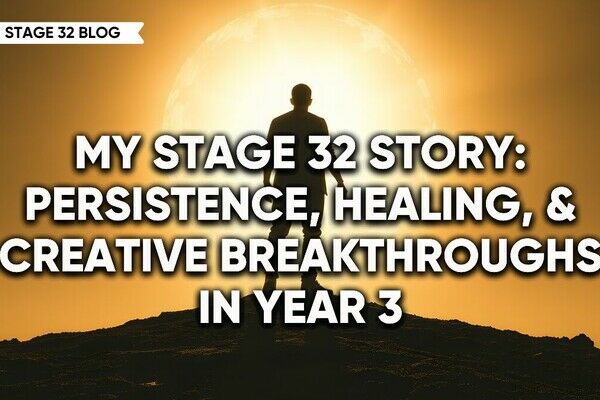
My Stage 32 Story: Persistence, Healing, & Creative Breakthroughs in Year 3
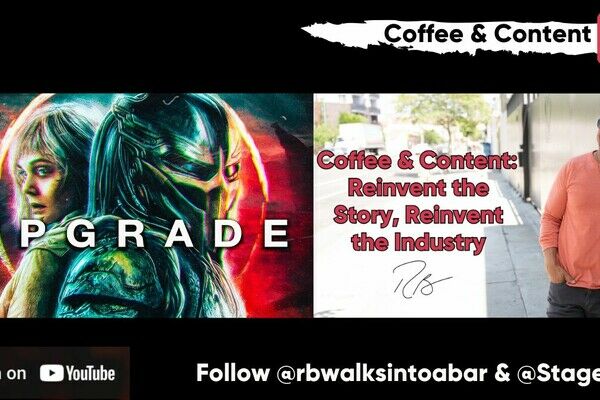
Coffee & Content: Reinvent the Story, Reinvent the Industry

A Practical Guide for Actors: Tips & Advice Every Performer Should Know

Insider Intel: 2026 Predictions

Wearing Many Hats As A Creative

Insider Intel: Packaging your Project- The Chicken or the Egg Dilemma

Insider Intel: The Studio War & The Rise of Indies

How Modern Franchises Became Our New Religion

Green Lights and Grey Areas: Expanding Creative Collaboration in Publishing



